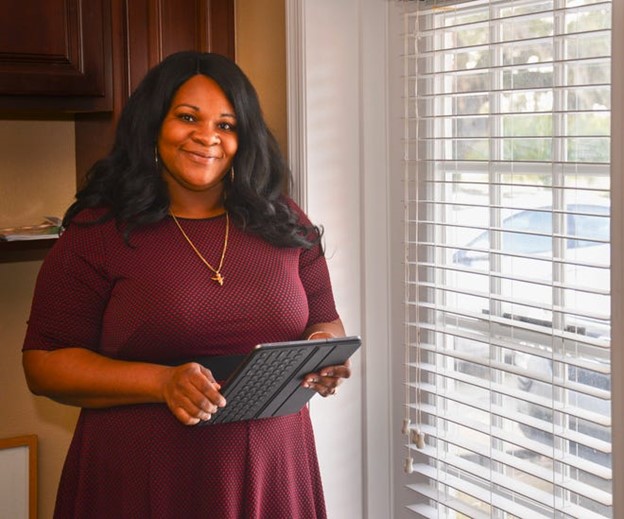
Christine Williams-Kelly
Special to FLORIDA TODAY
Getting people to talk about their mental health and emotions has always been difficult.
Getting people to be open, receptive and vulnerable to participate in therapeutic services has proven to be even more of a challenge, especially in the African-American community.
While we can stop and ponder at that statement, I prefer to set a challenge for those seeking help and those able to provide help, to develop a plan to take action and move one step closer to seeking solutions, guidance and becoming more informed.
Life is too short and valuable for mental health issues to be ignored, and there is ever more a need for new programs and initiatives to be developed to address this public health concern.
Awareness and identification of factors that affect and contribute to accessibility and receptivity of mental health services within the Black community are at the forefront of this discussion.
With the onset of COVID-19, it has heightened awareness and provoked conversations of health disparities that Black people experience with chronic medical conditions, access to affordable health care, utilization of preventative health screenings and mental health services.
Black Americans are more likely to be exposed to social and environmental factors of risk that knowingly contribute to the development and exacerbation of mental illness, such as factors of homelessness, income inequality, poor education, discrimination, underemployment, food insecurity and other adverse early life experiences.
Recognition and understanding of these social determinants of mental health is one of many steps in increasing knowledge of these challenging barriers that are disproportionately affecting the lives of Black Americans and leading to the experience of adverse mental health outcomes and distrust of social systems, especially health care systems established to provide help and support.








